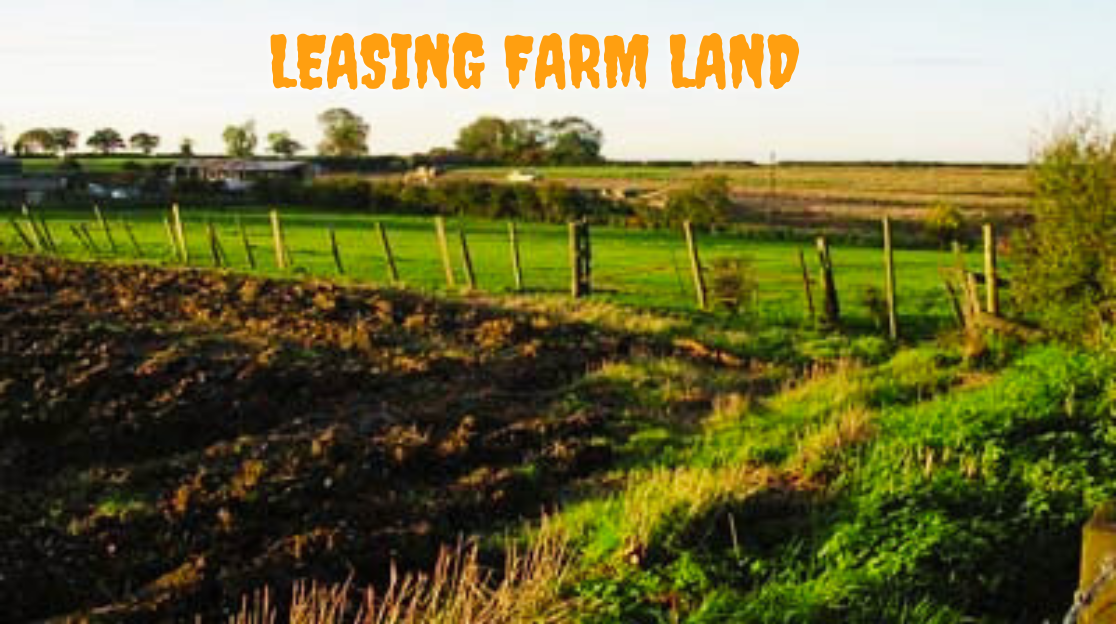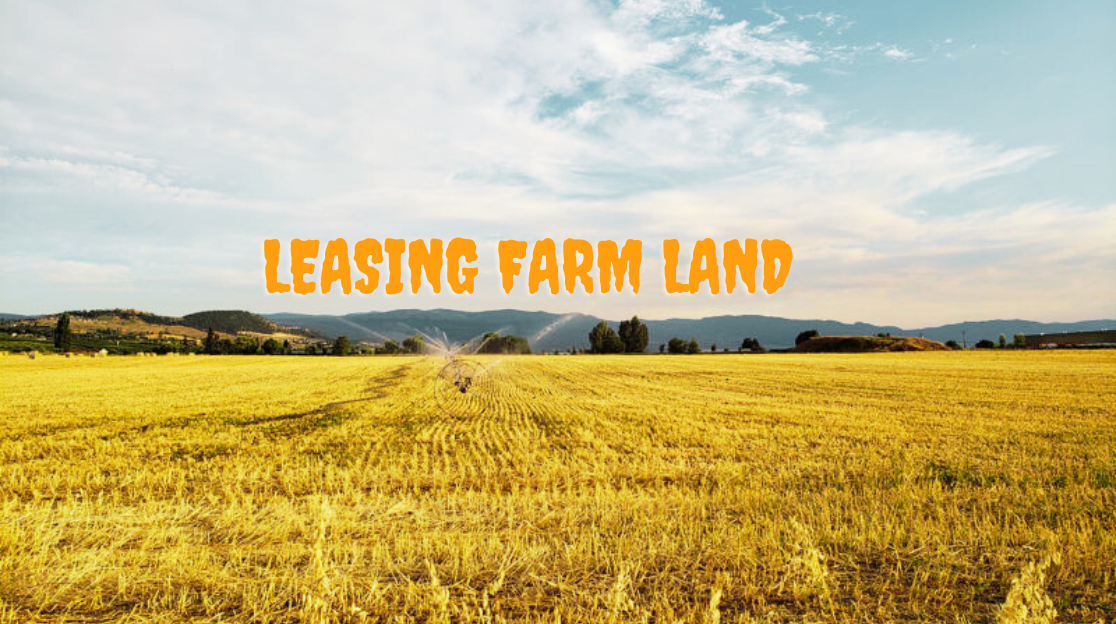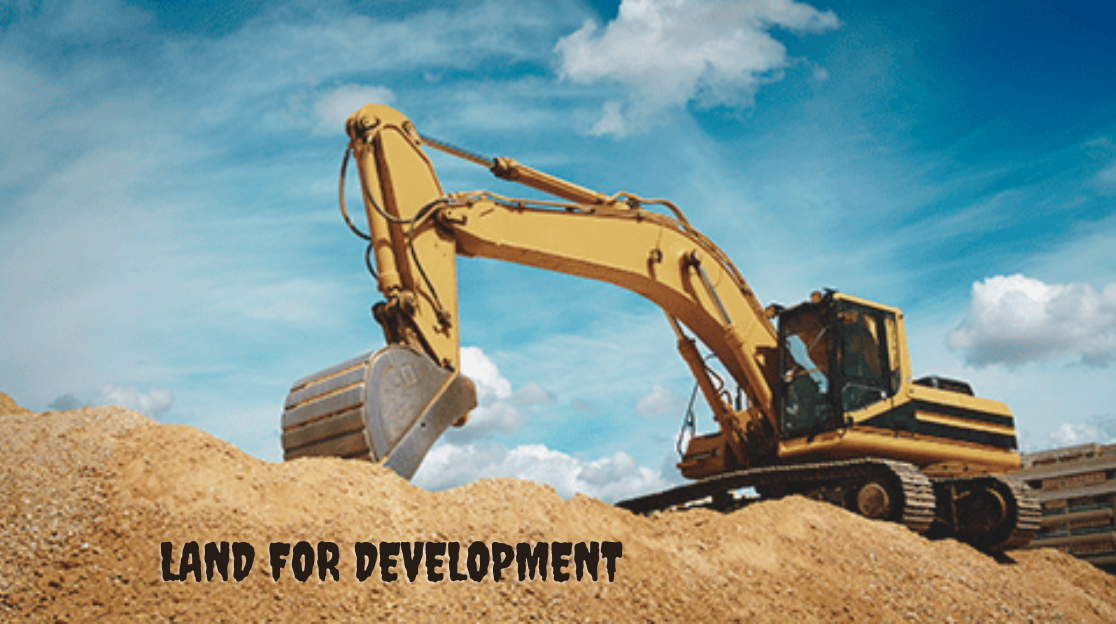In recent years, the allure of cheap rural land has captured the attention of both investors and individuals seeking an escape from the hustle and bustle of urban life. Affordable prices and the promise of peaceful living make rural land an appealing option. This guide will explore the benefits, types of land available, and essential considerations for anyone interested in buying cheap rural land.
Why Invest in Cheap Rural Land?
Investing in cheap rural land can be a wise choice for various reasons. Whether you’re looking for a place to build a dream home, start a small farm, or simply invest for the future, rural land can offer many opportunities.
Affordable Prices and Value Growth
One of the most compelling reasons to consider rural land is the price. Compared to urban properties, rural land is often significantly cheaper. This affordability allows you to acquire larger plots of land without breaking the bank. Additionally, as urban areas continue to expand, rural land can appreciate in value, providing a solid return on investment.
Lifestyle Opportunities in Rural Areas
Living in a rural area offers a slower pace of life, surrounded by nature. It can be a perfect setting for those looking to escape the noise and chaos of city living. With more space and natural beauty, rural life can lead to a healthier and more fulfilling lifestyle.
Where to Find Cheap Rural Land
Online Listings and Auctions
There are numerous online platforms where you can find listings for cheap rural land. Websites like Zillow, LandWatch, and Craigslist often feature listings at competitive prices. Additionally, auction sites can provide opportunities to snag land at lower-than-market rates.
Local Real Estate Agents and Listings
Connecting with local real estate agents specializing in rural properties can provide access to listings that might not be available online. They often have insider knowledge about upcoming sales and local market trends.
Types of Cheap Rural Land
Raw Land vs. Improved Land
Raw land is typically undeveloped and lacks utilities, while improved land may have access to roads, water, and electricity. Depending on your plans, either type can be beneficial. Raw land is generally cheaper but may require additional investment for development.
Agricultural Land
If you’re interested in farming or gardening, agricultural land is a great option. These plots are often located in prime farming areas and can be used to grow crops or raise livestock.
Recreational Land
Recreational land is perfect for those looking to enjoy outdoor activities like camping, fishing, or hunting. Such land is often near lakes, rivers, or forests, making it an ideal getaway spot.
Key Considerations When Buying Cheap Rural Land
Access to Utilities and Infrastructure
Before purchasing, assess the availability of utilities like water, electricity, and sewage systems. Land without these amenities may require significant investment to develop.
Zoning Laws and Land Use Restrictions
Check local zoning regulations to ensure the land can be used for your intended purposes, whether for residential, agricultural, or commercial use. Understanding zoning laws can save you from future legal complications.
Environmental Considerations
Evaluate the land’s environmental aspects, such as soil quality, drainage, and any potential hazards. This assessment is crucial, especially if you plan to build or farm on the property.
Financing Options for Buying Rural Land
Traditional Mortgages and Loans
Many banks offer loans specifically for purchasing land, though they may require larger down payments and shorter terms than traditional home mortgages.
Seller Financing
Some sellers may offer financing options, allowing you to make payments directly to them over time. This arrangement can be beneficial for buyers who may not qualify for traditional loans.
Land Contracts
Land contracts allow buyers to make payments over time while the seller retains the title until the loan is paid off. This option can simplify the purchasing process and make it accessible for buyers with less upfront cash.
Evaluating the Investment Potential of Rural Land
Assessing Location and Accessibility
Consider the land’s location concerning roads, amenities, and other essential services. Accessible land is more likely to appreciate in value and attract buyers in the future.
Future Development Potential
Research local development plans and zoning changes that could impact the value of the land. Areas poised for growth often present the best investment opportunities.
Building on Cheap Rural Land
Requirements for Construction
Before building, ensure you understand local building codes and permit requirements. Some areas may have strict regulations that could affect your plans.
Sustainable Building Practices
If you’re interested in eco-friendly living, consider sustainable building practices that minimize environmental impact and can lead to long-term savings.
Living Off the Grid on Rural Land
Benefits of Off-Grid Living
Living off the grid can provide independence from utility companies and lower living costs. It often promotes a sustainable lifestyle focused on self-sufficiency.
Challenges and Solutions
While off-grid living has its perks, it also presents challenges, such as water sourcing and energy generation. Researching alternative energy solutions like solar panels can help overcome these challenges.
Reselling Cheap Rural Land
Market Trends to Watch
Stay informed about local real estate trends to time your sale for maximum profit. Understanding the market will help you sell your land at the right moment.
Tips for Selling Quickly
Make the property appealing by maintaining it well and clearly outlining its potential uses in listings. Highlight unique features and benefits that set it apart from other listings.
Conclusion
Cheap rural land represents a fantastic opportunity for both personal enjoyment and investment. With careful consideration and research, you can find a piece of land that meets your needs and fits within your budget. Whether you plan to build a home, start a farm, or simply enjoy the great outdoors, cheap rural land can offer a path to your dreams.
FAQs
How can I find cheap rural land in my area?
Check online listings, local real estate agents, and attend land auctions to discover available properties.
What should I consider before buying rural land?
Evaluate access to utilities, zoning laws, environmental conditions, and potential future developments in the area.
Can I build a house on cheap rural land?
Yes, but ensure you understand local building codes and obtain necessary permits before construction.
What financing options are available for purchasing rural land?
Options include traditional mortgages, seller financing, and land contracts, each with unique terms and benefits.



